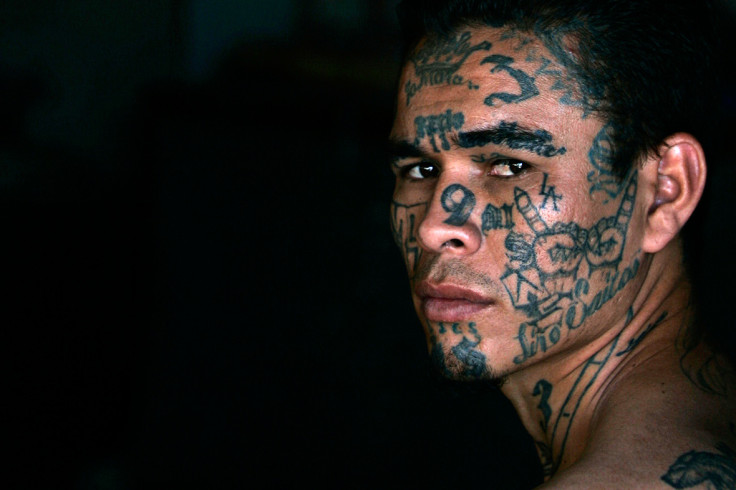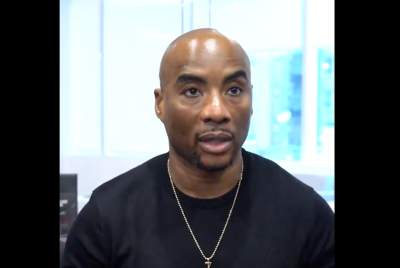Honduran nationals are no longer welcome in the UK as visitors without visa
Nationals from gang-dominated Honduras will now require a visa to enter the UK, in response to the influx of UK asylum applications from Honduran nationals at the UK border.

The UK government have announced that visitors from Honduras will no longer be allowed to visit the UK without a certified visa, as part of a visa regime that is set to be put in place effective immediately.
These changes, which apply to all Honduran travellers to the UK, have been created as a response to the huge increase in UK asylum applications from Honduran nationals at the UK border.
In 2017, it has been recorded that there were nine people from Honduras, seeking protection and support in the UK. In 2022, around 191,000 people were internally displaced in Honduras, due to extreme violence. The number of people seeking asylum in the UK hit a total of 789 in 2022.
In the first four months of 2023, there were 275 asylum applications from Honduran nationals.
Despite being recognised as one of the worst places in the world to be a woman, once leaving the UK, Honduran visitors and residents who have already arrived in one of the four nations will need to acquire a visitor's visa if they wish to return to the UK.
As of December 2020, Human Rights Watch reported that internally displaced people in Honduras represented nearly 80 per cent of the internally displaced population in Central America and Mexico. This estimate comes after the Red Cross reported that hurricanes Eta and Iota forced more than 50,000 people from their homes.
Honduras is dominated by several gangs, with the number of active gang members reaching up to 40,000. Gangs, particularly the El-Salvador Mara Salvatrucha (MS-13) and the 18th Street Gang (Barrio 18) are notorious for being largely responsible for Honduras' murder rate.
One month ago, in June 2023, the extreme gang violence cost 46 women their lives after a series of rioting, gunfire, machetes, and fires at a Honduran women's prison.
The military in Honduras is taking over the country's violent prison systems after a gang riot left at least 46 female inmates dead. #CGTNAmerica pic.twitter.com/1wIRWz8SG5
— CGTN (@CGTNOfficial) June 27, 2023
Laura*, a Honduran mother whose brother was murdered by a gang member, spoke of the violence toward women in Honduras. She said: "It's a very difficult experience to have to leave your country or your home on account of what's going on in the neighbourhood, but unfortunately these people (the gangs) are in control... and they can do pretty much anything. Sadly, we have to (flee) to save ourselves and our children."
In the past, Honduras has been considered the least politically stable country in Central America, but the authorities have recently inflicted a 'gang crackdown', making mass arrests of anyone who displays gang tattoos or is affiliated with a clique.
The Honduran authorities have responded to organised gang crimes by creating a special force to oppose the gangs. The Fuerza Nacional Anti Maras y Pandillas (Pandillas) force is made up of members from the police, military, and Attorney General's Office.
Human Rights Watch has since reported that the "terrifying violence meted out by 'Pandillas', or criminal gangs, has forced hundreds of thousands of people in this Central American nation to flee".
The Honduran nationals who booked to travel to the UK before 19 July, will be allowed to enter without a visa. However, regardless of prior bookings, any passengers arriving in the UK after 16 August will require a visa to enter.
A Standard Visa application fee for a visitor from Honduras, who plans to stay in the UK for up to six months, will cost around $136. For a returning Honduran resident, who has already settled in the UK, the Settlement Visa will cost a person around $722.
Individuals who are able to afford a Standard Visitors Visa, which can be used for tourism, business, study, and other permitted activities, are able to stay in the UK for up to six months. Visitors from Honduras are also able to apply to stay in the UK longer than the six-month period, for medical treatment or other certain circumstances.
*Name changed for safety and protection reasons.
© Copyright IBTimes 2025. All rights reserved.






















